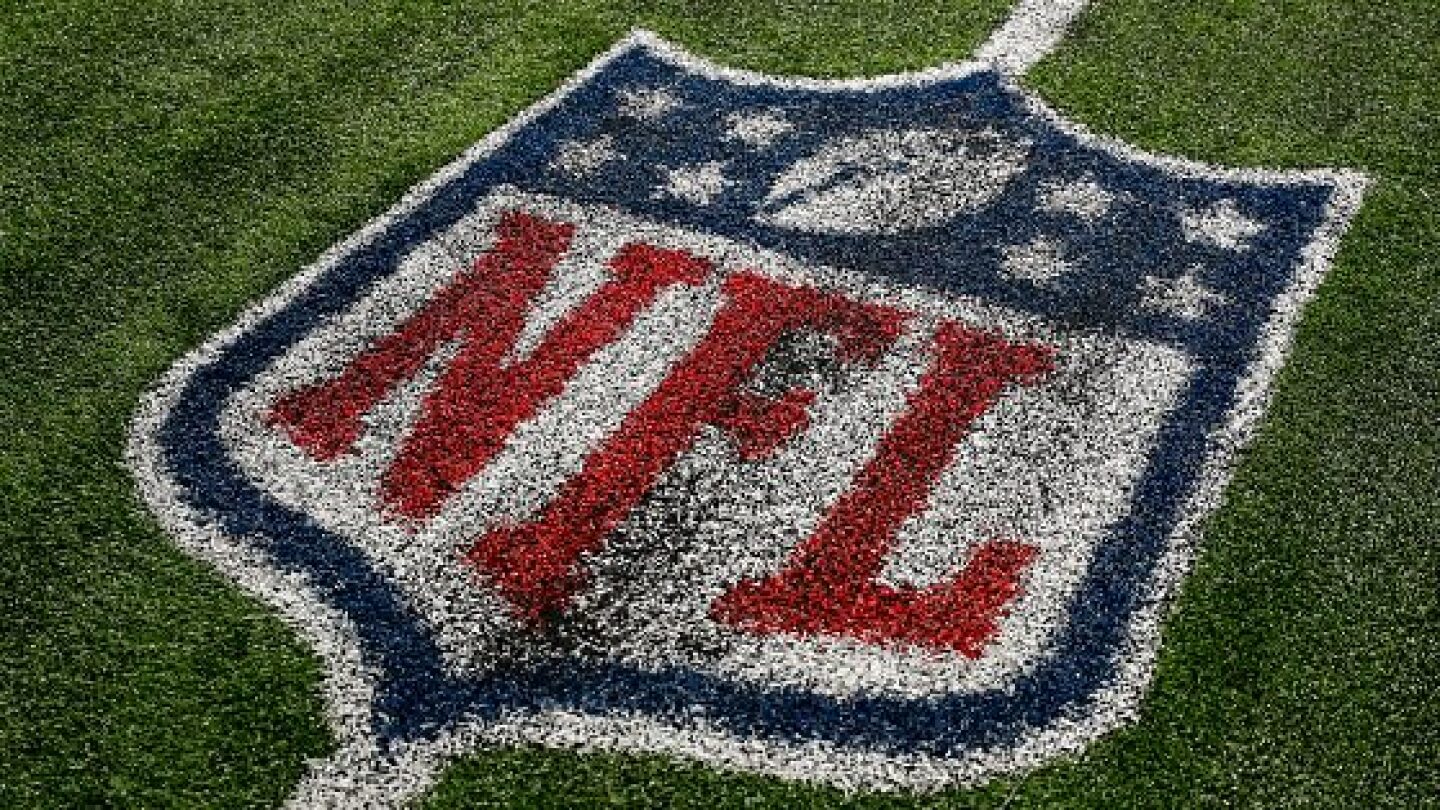
The NFL’s gambling policy, by its own terms, applies to current NFL Personnel. It does not encompass former or prospective employees of teams or the league office.
On Sunday, we addressed the potential application of the gambling policy to free agents
, players not under contract with any team. The league believes certain players not actually on rosters still fall within the scope of the gambling policy, given the preamble to the Collective Bargaining Agreement — even though the gambling policy isn’t mentioned in the CBA and exists independently of it. And even though there has been no indication that the NFL does anything to educate free agents regarding this policy that supposedly applies to them.
In response to Sunday’s item, another wrinkled was mentioned by a league source who, like we do, spends way too much free time pondering the various flaws in the NFL’s gambling policy.
By its terms, the gambling policy does not apply to unemployed coaches (or other unemployed team personnel). Because only players are unionized, the NFL has no vehicle for shoehorning former and but potentially future employees into the gambling policy by referencing a CBA.
Ponder the ensuing loophole. A fired head coach can bet on NFL football, if he so chooses. Ditto for a fired G.M. Or any other team employee (assistant coach, trainer, etc.) can bet on NFL football during the period of unemployment with one team that precedes re-employment with another.
Consider the implications. Last year, former Colts coach Frank Reich could have spent the balance of the 2022 season betting for, or against, the Colts or any other NFL team. And he would have been free to keep doing so until he signed his contract to coach the Panthers. (This is not a suggestion that he did. It’s just an example.)
What if, as MDS has suggested, an owner presses a coach to tank, the way Dolphins owner Stephen Ross allegedly did with former head coach Brian Flores in 2019? What if the coach resists and the owners makes it clear he’ll find an interim coach who will do what the owner wants? The fired head coach could then bet against his former team each and every week without violating the NFL’s gambling policy, as long as he doesn’t take another job with the NFL or one of its teams.
The broader point in this and most other items regarding the gambling policy is to demonstrate a problem with it, so that it will be rectified. Our goal is to get the NFL to improve and expand the educational process. To simplify it so that it will be more effective. To remove from players the ability to bet on sports other than NFL football. And, as is clear from this latest item, to bake into coaching contracts a requirement that they refrain from betting on NFL football for one year, two years, five years, whatever after their employment ends.
The NFL takes gambling seriously. But not nearly seriously enough. How can it? With so much money being made from sports books — and with owners actually owning pieces of sports books companies — the inherent hypocrisy necessarily takes some of the steam out of the process for the proper creation, education, and enforcement of the rules.
Consider this example. The NFL has a major and massive sponsorship with Olive Garden. Several owners are major stockholders in Olive Garden. But no NFL or team employee is ever allowed to eat there.
How hard would it be for the NFL to navigate the process of crafting, educating, and enforcing the no-Olive-Garden rule, when the NFL and some of its owners are in fully bed with Olive Garden?
It would be impossible to fully and properly compartmentalize the two. When it comes to gambling, the league will only be able to credibly and effectively create and enforce its gambling policies if/when the NFL completely and totally shuns any and all involvement with gambling.
That horse, unfortunately, is already too far out of the barn. And he’s munching on a feedbag full of items from the Olive Garden menu.